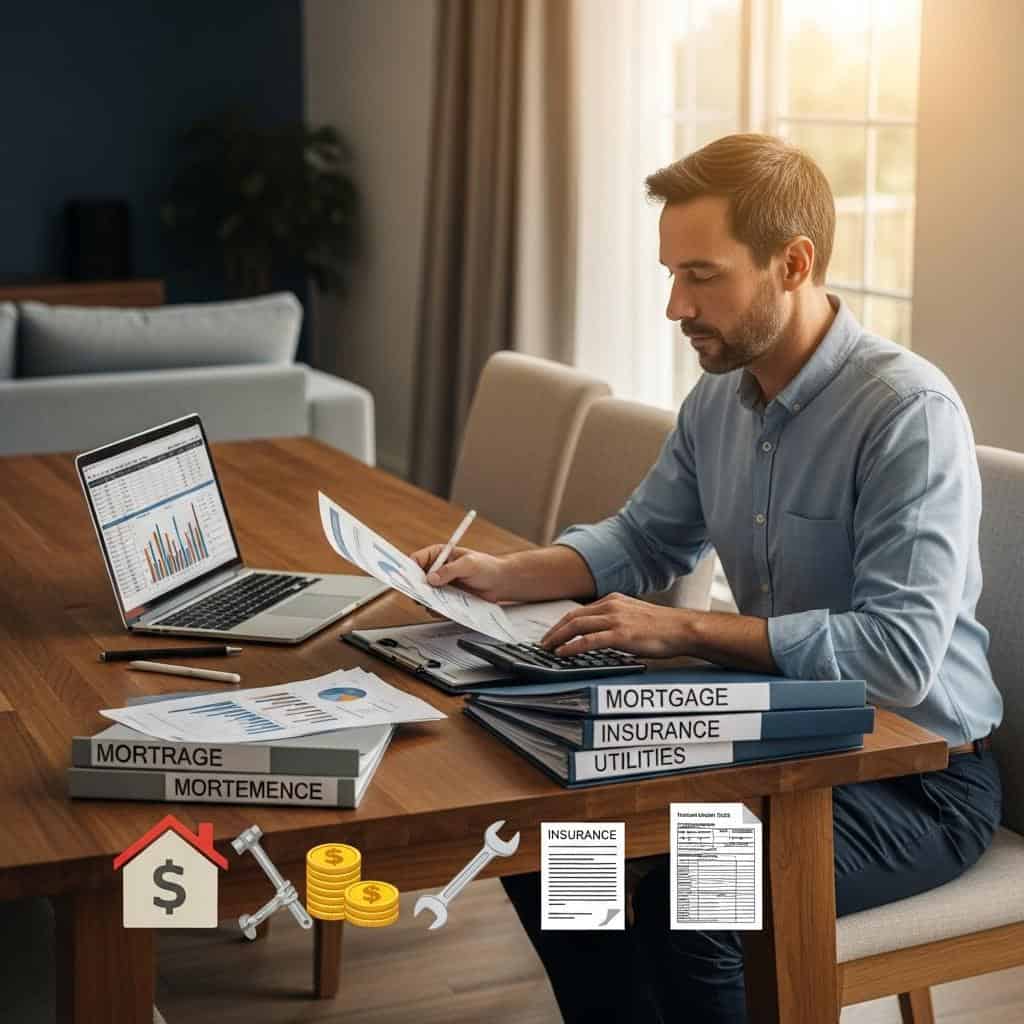Owning a home is a major milestone that comes with a host of financial responsibilities, from securing a mortgage to budgeting for ongoing maintenance and planning for future investments. Financial literacy empowers homeowners to make smart, informed decisions that protect their investments and ensure long-term stability. Without a solid understanding of personal finance, managing the complexities of homeownership can be overwhelming and costly. As highlighted by the Consumer Financial Protection Bureau, mastering financial concepts is crucial for anyone navigating the housing market.










